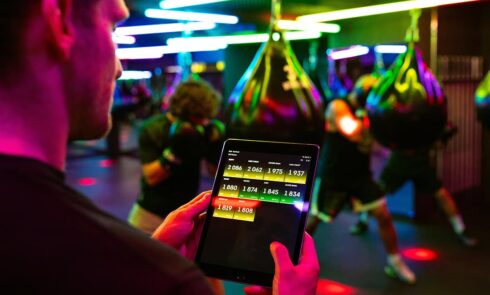Energy as a Service: guaranteed savings and decarbonization
The basis for all energy efficiency measures in industry is Energy as a Service. This is a service-based energy business model.
In other words, there is no charge for the product itself, but the customer pays a fixed monthly energy service that allows them to save while they are employed by the company and offer them better technologies.
Sustainable lighting with low energy consumption
By replacing a traditional lighting system with other efficient lighting products, it is possible to reduce energy consumption in the area by up to 80%. Sometimes, when the measurements are reflected in your energy bill, additional arguments are unnecessary.
We recommend you start by considering LED technology as your first alternative, a lighting system with great savings potential combined with an automatic system that allows you to program routines and control the lighting when not in use.
By combining the two options, the company will be able to drastically reduce its energy bill and move towards an energy transition, because as stated in the Paris Agreement, companies that do not reduce their CO2 emissions by 45% in 2030 will be fined.
Changing energy sources
Renewable energy and solar energy in particular.
Renewable energy investments in the industry are looking at different options, but in the end, photovoltaics are the most accessible both economically and in terms of energy potential.
Relying on the traditional electricity market is riskier than investing in solar power, as tariffs are unpredictable and it seems that the upward trend in light prices will continue.
Therefore, achieving energy independence is the first step towards achieving energy efficiency in every sector, as it reduces the energy consumption of electricity companies, and with renewable sources comes the opportunity to manage one’s own energy and reduce monthly bills.
First need: optimizing production processes
The main energy consumption in industry does not come from lighting, as it does in a tertiary sector company. The biggest energy consumption affects industrial, operational and production processes. Equipment needs a lot of electricity.
That’s why optimizing it is important to try to reduce this consumption as much as possible without reducing the industry’s productivity levels. Conclusion: get more energy efficiency.


